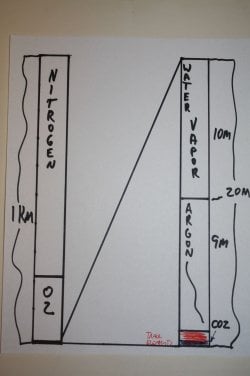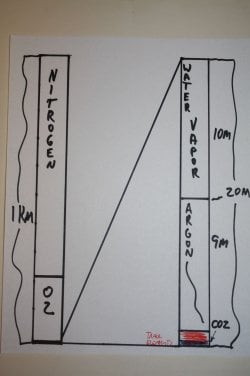Big Fitz
User Quit *****
- Nov 23, 2009
- 16,917
- 2,522
- 48
No BigFritz, reality "whupped" your ass when you were born retarded.
The current ocean acidification is an established, scientifically observed reality. Your denial of the facts is a symptom of your derangement and stupidity.
No EdtheCynic, Your 'science' and 'proven theory' have been debunked by 4 different people here. Your own logic has spun you in small circles. But once again I will ask. Do you have ANY solutions that does not mandate or ultimately lead to government control or global governance?
I thought not.
Just another political hack pretending to have a scientific basis.



